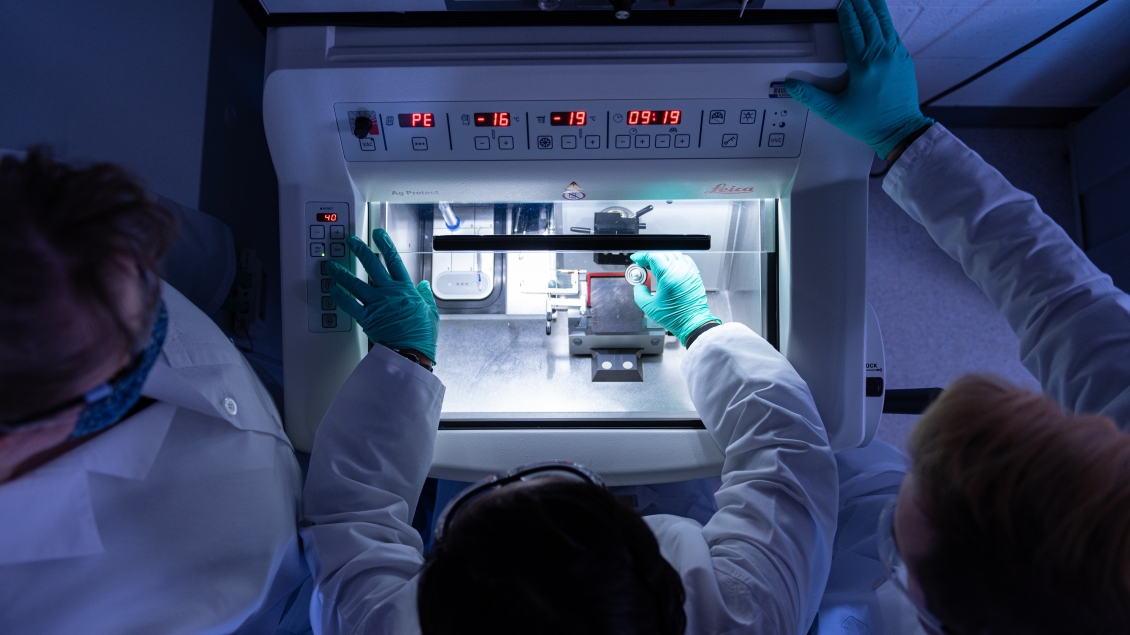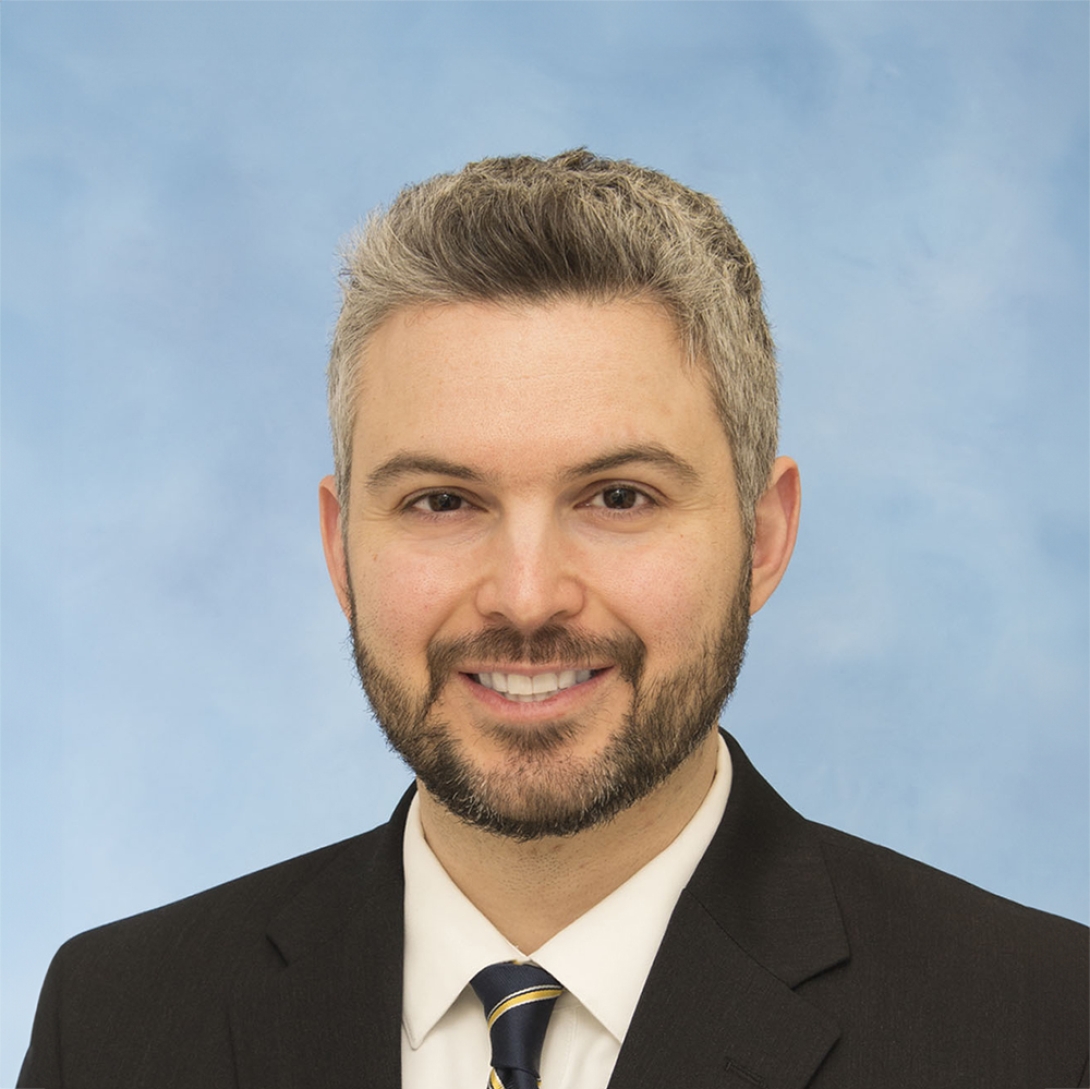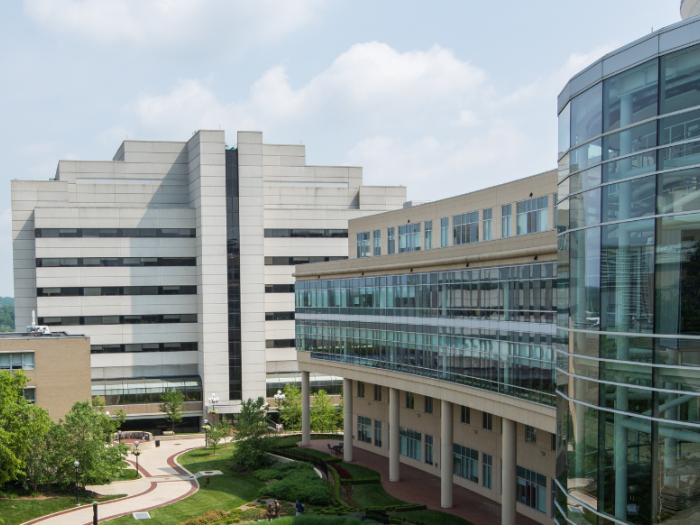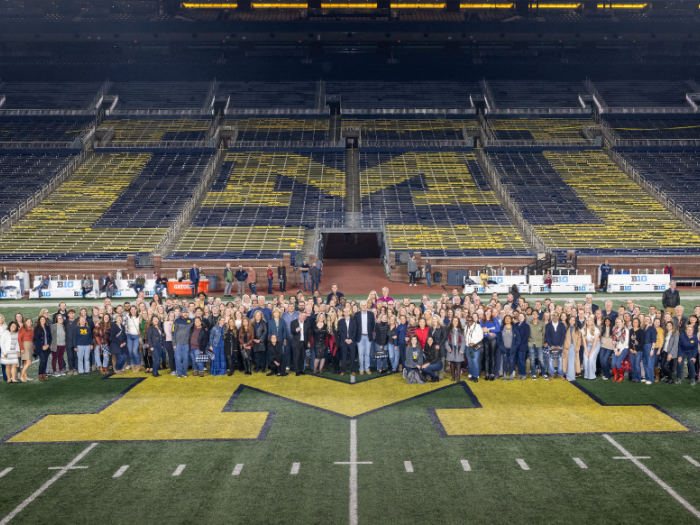
Advancing Science, Improving Patient Care
Join the next generation of researchers in our quest to be the preeminent academic anesthesiology department in the world.
The U-M Medical School Department of Anesthesiology is at the forefront of addressing key questions in outcomes, neuroscience, and pain and opioids research. Our research is supported by National Institutes of Health funding, as well as a wide array of foundation, state, and industry funding.
Our work spans the translational spectrum, from computational in silico modeling, to animal experimentation, to prospective observational or interventional clinical research, to large-scale epidemiology.
We focus on three areas of research in nationally and internationally recognized centers:
- Outcomes research: The Multicenter Perioperative Outcomes Group (MPOG)
- Pain and opioid research: Chronic Pain & Fatigue Research Center and OPEN
- Neuroscience research: The Center for Consciousness Science
In addition to generating some of the most influential work within the field of anesthesiology, we have rich and productive interdisciplinary connections to basic science, public health, engineering, and even philosophy and the arts.
Our faculty serve major research leadership roles across the university and nationally, in fields that transcend the traditional boundaries of anesthesiology, including genomics, precision health, drug discovery, and translational science.
We are committed to making a major impact in anesthesiology as well as science, medicine, and society through our discoveries shared through widely-published research and commentaries. We also are focused on shaping a more diverse and inclusive future for academic anesthesiology, both within our department and across the country.
Career development starts from our internship, with a unique research training month, then progresses to our research resident track, the C-STAR program. We are also one of 16 departments in the country to host an NIH T32 postdoctoral training program.

Professor of Anesthesiology
Associate Chair for Research
Department of Anesthesiology

Professor of Psychiatry
Executive Director, Pain and Opioid Research
Anesthesiology
Associate Professor of Epidemiology

Professor of Internal Medicine
Professor of Psychiatry and Executive Director
Pain and Opioid Research
Translational Research
Department of Anesthesiology

Neuroscience Research
Center for Consciousness Science

Neuroscience Research

Professor of Anesthesiology
Associate Chair for Strategy and Technology
Program Director
Outcomes Research
Associate Dean for Research Information Technology




